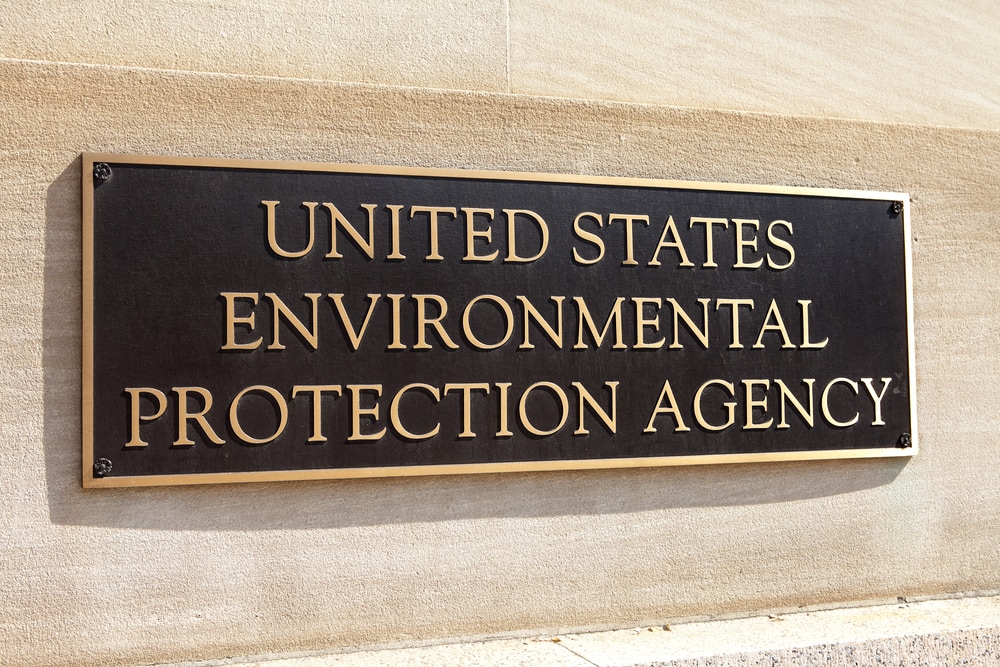Congress should stop states from taxing and regulating beyond their own borders
Nearly 230 years after the Constitution’s ratification, we are still debating the limits of power granted to the states to tax and regulate.
Should California have the power to prohibit the sale of pork from out-of-state producers if the pigs were born to sows housed in gestation stalls? Should Massachusetts have the authority to prohibit the sale of out-of-state eggs if the hens were housed in battery cages? Should Colorado have the ability to mandate that at least 20 percent of the electricity imported into the state from out-of-state producers comes from renewable sources?
Curbing potentially inhumane farming practices and promoting clean energy may be worthwhile policy goals, but under our Constitution, the states lack the power to regulate business practices beyond their borders. Congress has power over interstate commerce, making it the appropriate venue for achieving these goals.
That’s not to say states lack authority to set appropriate farming practices or target climate change. Colorado, for instance, could require that all electricity producers in the Centennial State use at least 20 percent renewable sources, but it cannot condition the ability of out-of-state producers to sell electricity in the state on those renewable targets.
Perhaps the most contentious question raised in this area of law in recent years is whether states have the authority to collect tax from out-of-state businesses that have no physical presence in the state. With the rise of the internet and online commerce, states continue to try to compel out-of-state companies to report and submit sales taxes owed by residents, despite Supreme Court precedent prohibiting such requirements. The ability to compel tax collection necessarily implies the ability to audit out-of-state companies. Do we really want to empower tax auditors in one state to comb through the books of companies located in other states?
The House Judiciary Subcommittee on Regulatory Reform, Commercial and Antitrust Law pondered that question in a July 25 hearing on H.R. 2887, the No Regulation Without Representation Act. Sponsored by Rep. Jim Sensenbrenner, R-Wis., the bill would codify in statute that states can only tax or regulate entities engaged in interstate commerce that have a genuine physical presence within their borders. Unfortunately, this measure is needed because states continue to violate the guidelines set out by the Constitution’s Commerce Clause.
This framework isn’t an accident. A primary weakness of the Articles of Confederation was that the federal government lacked the power to pre-empt state authority. This proved unworkable. By contrast, one of the geniuses of the constitutional framework is that the founders essentially established a free-trade zone among the states, with Congress as the ultimate arbiter of the rules of commerce between states.
Not only does this framework make practical sense—prohibiting a balkanized taxing and regulatory regime from overly burdening business practices—but it is consistent with democratic norms. In short, overzealous states may not threaten out-of-state parties who have no say in the process by which the rules are written. That’s why Congress is the proper venue to resolve disputes about state efforts to tax online sales, set regulatory standards for sow pens and chicken cages, or the sale of electricity across state lines. Every adult in America can participate in the democratic process and congressional deliberations.
Sensenbrenner’s bill would make a number of sensible changes that would properly balance the Constitution’s respect for federalism and the Commerce Clause’s demands. The bill would essentially mandate that a state can tax or regulate a person’s activity when the person is physically present in a state and spells out reasonable parameters for how to define that physical presence.
Image by karen roach








